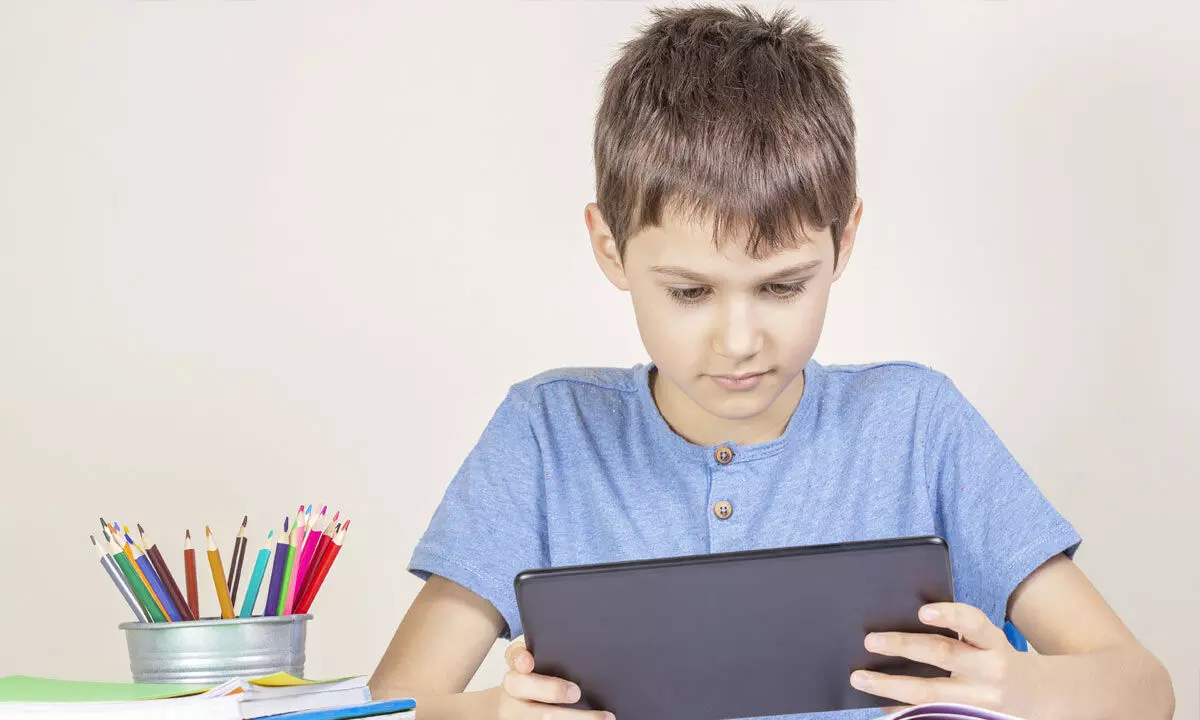Boosting special education with innovative teaching strategies

The integration of AR and VR, improved collaboration, gamification of learning, and personalised learning experiences are just a few of the learning demands that edtech is propelling towards the empowerment of students. Thus, the revolutionary route towards inclusive and state-of-the-art special education instruction cannot be disputed
In recent decades, there has been a notable shift in the education sector. Compared to a few decades ago, children are now educated in quite different methods. Technological developments have brought about a significant change in the transmission and reception of knowledge.
Teaching strategies have completely changed with the introduction of innovative flipped classroom models and self-directed study, and even students are unclear of what is in store for them. Furthermore, digital learning is rapidly replacing traditional classroom training because of its many advantages. With a compound annual growth rate of about 13.4%, Markets And Markets projects that the ed-tech and smart classroom market will reach a valuation of $125.3 billion by 2027.
Technology has unquestionably taken centre stage in educational innovation, and it will undoubtedly continue to have a big influence on education going forward. But one area where this shift is especially apparent is special education. As a result, edtech is a tool for empowering students with different learning requirements rather than just an improvement.
Here are a few instances of how cutting-edge teaching techniques made possible by technology are altering the special education field:
Better cooperation and exchange of ideas
In the field of special education, digital utilisation has ushered in a new era of collaboration. It is now essential to incorporate online discussion boards, video conferencing software, and collaborative tools to foster smooth communication between teachers, parents, and students. Thus, students may work together on group projects from a distance, take part in customised virtual classrooms, and receive feedback right away thanks to these technological advancements. This aligns with the transformative effect that edtech has had in redefining special education through enhancing the educational process and promoting a feeling of community.
The combination of virtual reality (VR) and augmented reality (AR)
The educational landscape has changed dramatically as a result of the immersive and captivating learning experiences offered by AR and VR.
Technological developments make studying enjoyable and provide an even more exciting opportunity for students to explore the world as they engage with 3D surroundings. By creating interesting lesson plans and adapting virtual environments to their students’ needs, teachers may better serve their pupils. In the framework of special education, these innovations enhance the learning environment and offer individualised stimulation. Therefore, as new technologies become more extensively employed, it will be impossible to overlook the enormous impact they will have on redefining special education through creative teaching methods.
Game education
Without mentioning gamification, a conversation about EdTech advancements in 2024 would be inadequate. There is no denying that gaming is heavily ingrained in many aspects of education. Across all academic fields, this trend is already apparent. Instructors are starting to recognise video games as useful tools for learning and teaching. Consequently, the revolutionary wave of EdTech that is redefining special education through creative teaching methods aligns with the tremendous impact of gamification. This covers both incorporating games into the curriculum and letting students work together to make their own.
Tailored education
One of the key benefits of EdTech, particularly in the context of special education, is its capacity to customise learning experiences. An eclectic student population finds it difficult to get their demands met in traditional classes. Teachers can efficiently evaluate each student’s preferred subjects, areas of strength and weakness, and learning style with the use of edtech tools. Hence, adaptive learning algorithms enable special education students to progress at their own pace while fostering a deep comprehension of the subject matter and showcasing the transformative potential of creative teaching methods. Given how quickly technology is changing education, its impact on special education is particularly apparent. The integration of AR and VR, improved collaboration, gamification of learning, and personalised learning experiences are just a few of the learning demands that edtech is propelling towards the empowerment of students. Thus, the revolutionary route towards inclusive and state-of-the-art special education instruction cannot be disputed.
(The author is Founder & CEO, Birla Brainiacs)








